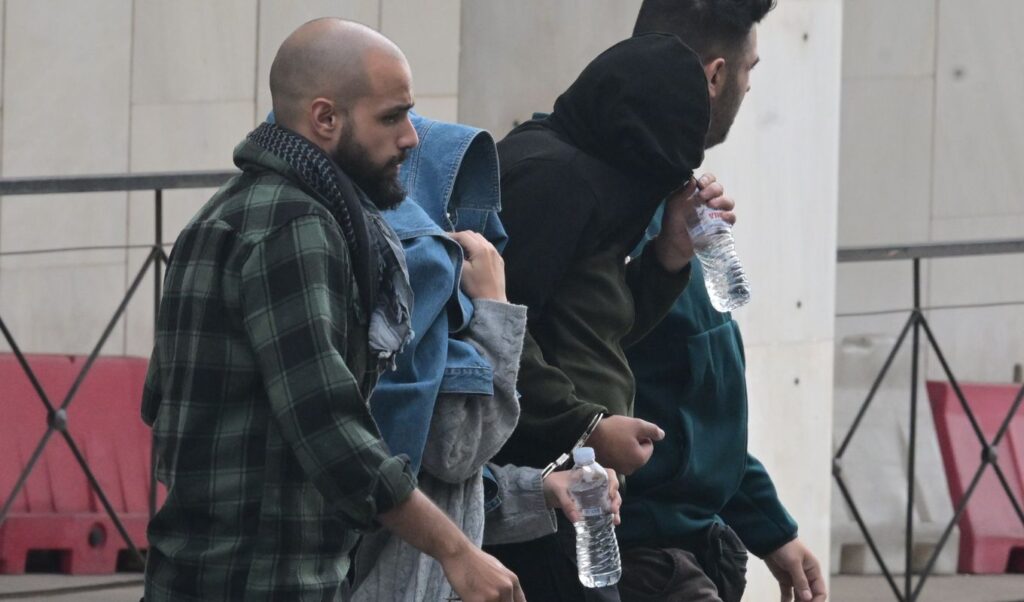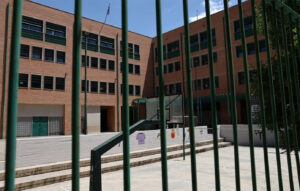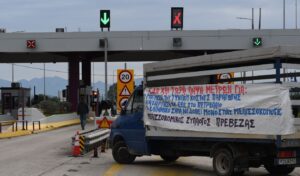Eleven of the 12 defendants who testified today before the Greek European delegated prosecutor were released with restrictive conditions in the high-profile case of illegal agricultural subsidies from OPEKEPE. The twelfth defendant, an accountant, requested and received a postponement to testify on Monday. The defendants who appeared before the prosecutor denied the serious charges brought against them by the European Public Prosecutor’s Office. The vast majority received small amounts – up to 1,000 euros – following what they claimed were legal procedures. According to sources, one defendant, a cook who received an 800-euro subsidy as a young farmer, reportedly argued in his testimony that he followed legal procedures to receive the subsidy as a young farmer while working as a cook for 120 days, as provided by law.
Similarly, another defendant, a waiter, reportedly stated that he received just over 500 euros “legally and in accordance with the applicable conditions.” However, according to the indictment prepared by the European Public Prosecutor’s Office, the defendants allegedly participated from 2018 to present in a criminal organization with structured and ongoing activities at a national level, aimed at the illegal collection of European subsidies.
As stated, “acting jointly, with convergent individual acts, simultaneous or successive, they formed and remained integrated as active members in an operationally structured organization with ongoing criminal activity at a national level, which sought to commit multiple felonies.”
The alleged criminal organization extended across almost all Greek territory
The alleged criminal organization, according to the case file, “extended across almost all Greek territory and operated methodically and in coordination in the agricultural subsidies sector.” Its members allegedly exploited the specialized knowledge of certain involved parties regarding OPEKEPE procedures, as well as “the gaps and weaknesses in the Single Aid Application submission system, and the inadequate or non-existent conduct of controls by the competent services.”
According to the charges, the organization’s members identified eligible but undeclared agricultural plots and pastures from previous years — areas that could generate subsidies without being declared by their legal holders.
Subsequently, these agricultural plots were fictitiously registered in the E9 forms of organization members, who falsely appeared as their owners. The false owners then proceeded with fictitious leases to other organization members, who falsely posed as tenants, in order to submit aid applications and illegally collect European subsidies. The amounts, according to the case file, were distributed among those involved, with a significant portion attributed to the alleged leader of the network.




